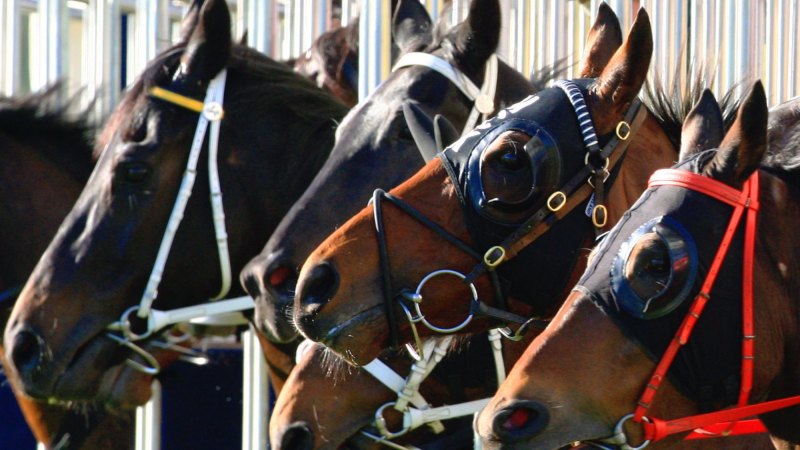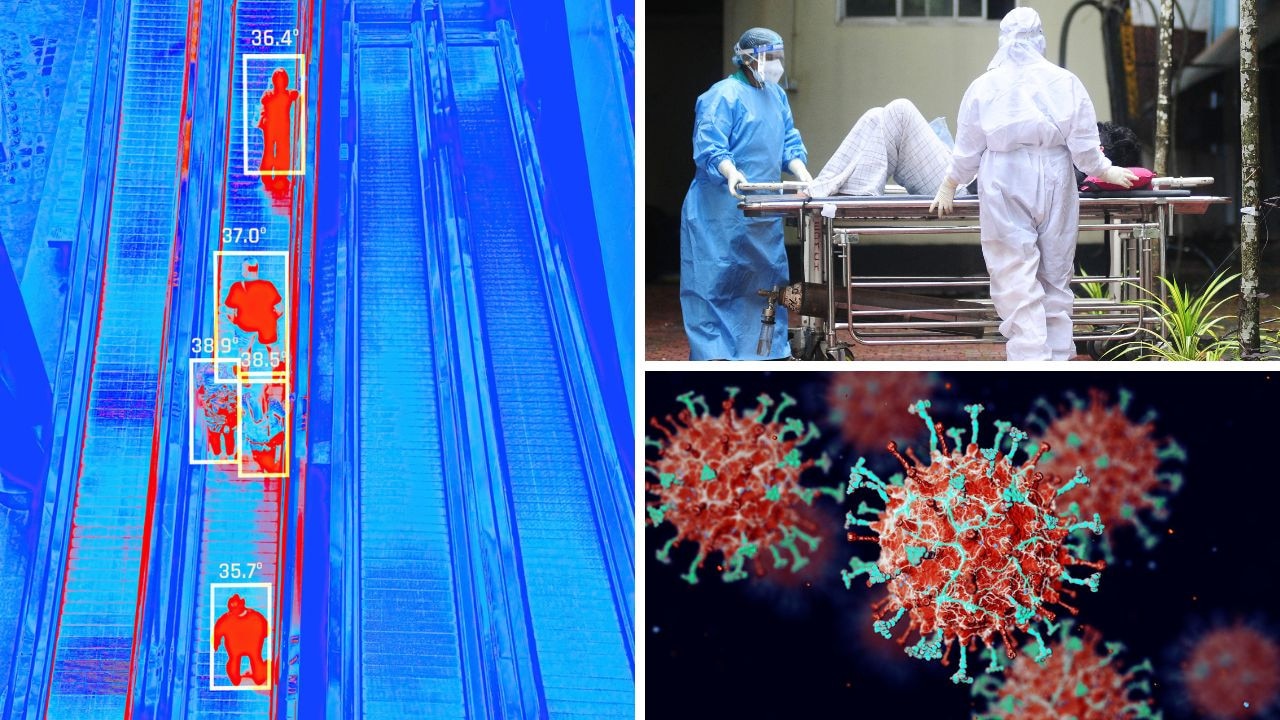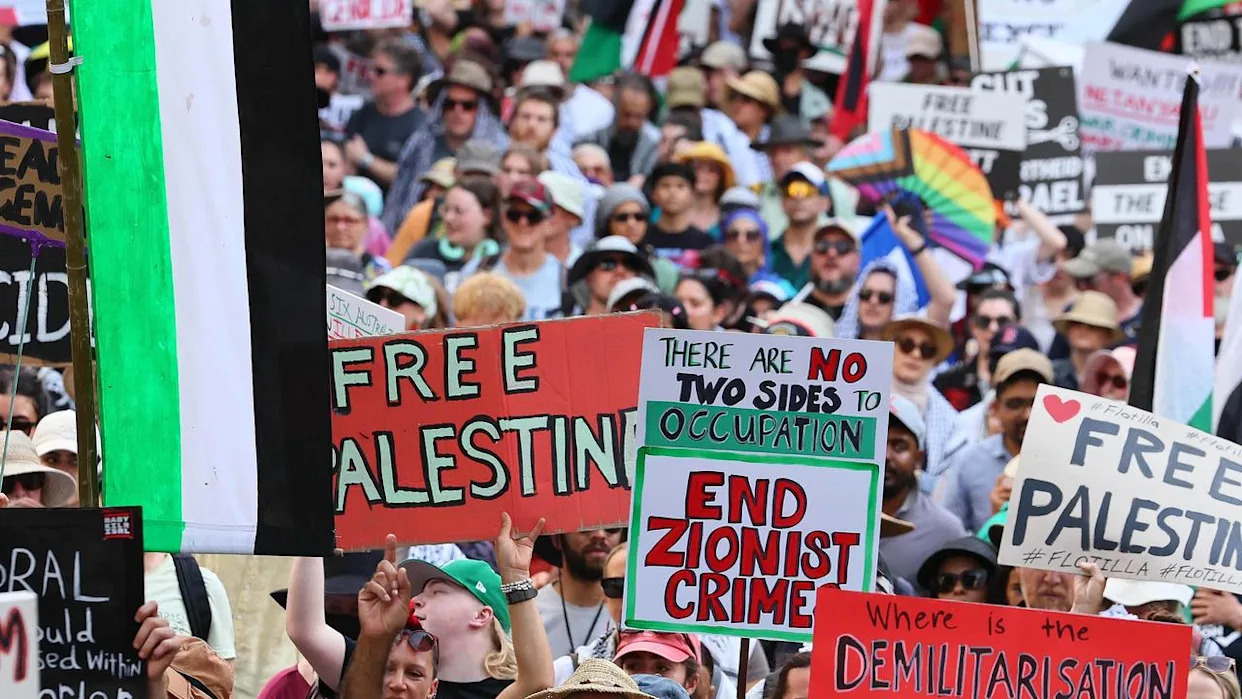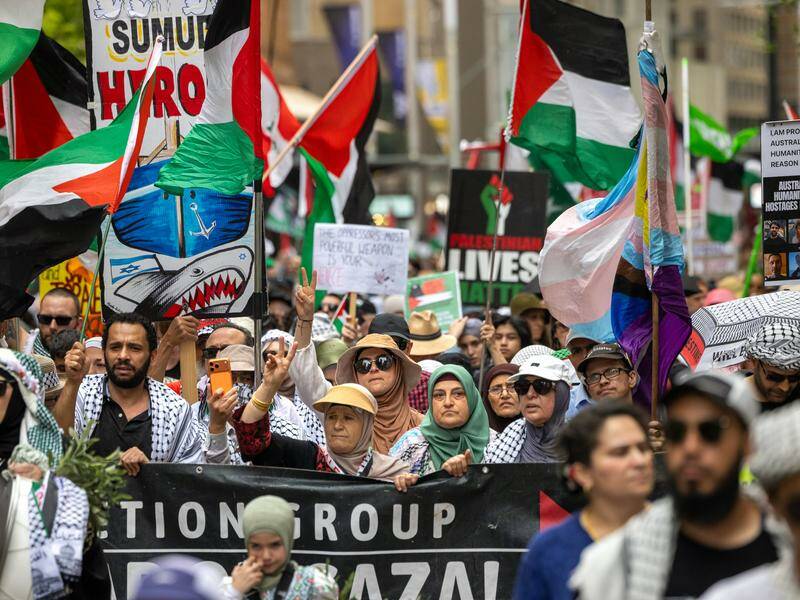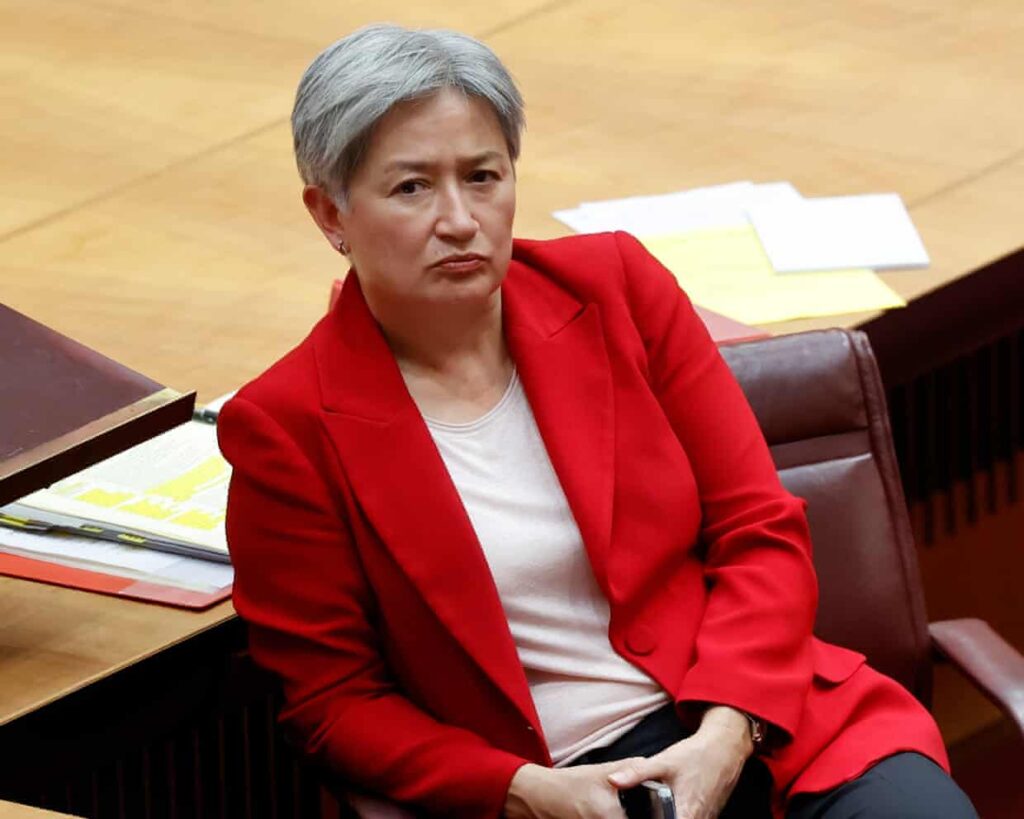
UPDATE: Australia’s Foreign Affairs Minister, Penny Wong, has formally condemned China for the alarming intimidation of exiled Hong Kong pro-democracy activists during a crucial bilateral meeting with her Chinese counterpart, Wang Yi, in Kuala Lumpur. This urgent discussion, held on July 15, 2023, marks the first face-to-face engagement between the two since disturbing reports emerged about anonymous letters offering $203,000 to inform on activists.
The Australian government is taking these threats seriously, with authorities confirming that the countering foreign interference taskforce, led by federal police and the domestic intelligence agency, is now investigating these menacing letters. Wong emphasized her strong objections to the targeting of activists Ted Hui and Kevin Yam, both of whom are facing threats for their pro-democracy stances. Her office has described such treatment as “reprehensible” and a direct threat to “our national sovereignty.”
While concerns about the intimidation had been raised previously by Australia’s consul-general in Hong Kong, Wong’s elevation of the issue during the Asean Summit underscores the urgency of the situation. The letters and pamphlets, which were mailed from Hong Kong or Macau, have been linked to attempts to suppress dissenting voices abroad.
Hui, a former Hong Kong politician and Australian resident, was also targeted by fake pamphlets accusing him of being a pro-Israel lawyer intent on “waging war” against Islamic terrorism. The pamphlets included his contact details and were sent to a mosque near his workplace, amplifying fears of transnational intimidation tactics.
In a statement, a spokesperson for Wong reiterated Australia’s commitment to freedom of expression: “We have consistently expressed our strong objections to China and Hong Kong on the broad and extraterritorial application of Hong Kong’s national security legislation and we will continue to do so. Freedom of expression and assembly are essential to our democracy.”
Yam expressed gratitude to Wong for addressing the issue, emphasizing that “transnational repression can be devastating in forms both brazen and subtle.” He urged the Australian government to take all forms of intimidation with the utmost seriousness.
Hui, who was convicted in absentia for his role in the pro-democracy protests of 2019, commended Wong’s actions, stating, “Australians need to see that we’re not trading away everything just to restore economic ties.” He highlighted the importance of standing firm against repressive measures.
Additionally, in late July, Hong Kong issued an arrest warrant for Dr. Feng Chongyi, a professor at the University of Technology Sydney and pro-democracy advocate, accusing him of participating in an unofficial pro-democracy organization based in Toronto. The group, described as an “unofficial Hong Kong Parliament,” aims to defend democratic rights against authoritarianism. For his involvement, Hong Kong authorities have placed a $39,000 bounty on Feng.
Wong’s spokesperson emphasized Australia’s strong objection to these arrest warrants, reaffirming the nation’s support for pro-democracy advocates. In a July statement, China’s foreign ministry spokesperson, Mao Ning, urged Australia, the UK, and the US to stop providing refuge to activists wanted in Hong Kong, stressing that these nations must respect China’s sovereignty.
As tensions escalate, the international community is closely watching how Australia navigates its diplomatic ties with China while supporting the rights of Hong Kong activists. The situation remains developing, and further actions from both nations could significantly impact their diplomatic relations.
Stay tuned for more updates on this urgent international issue.

